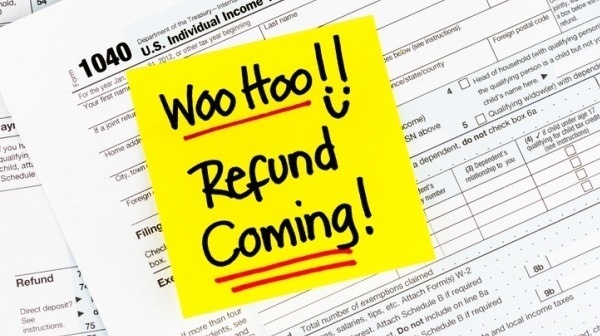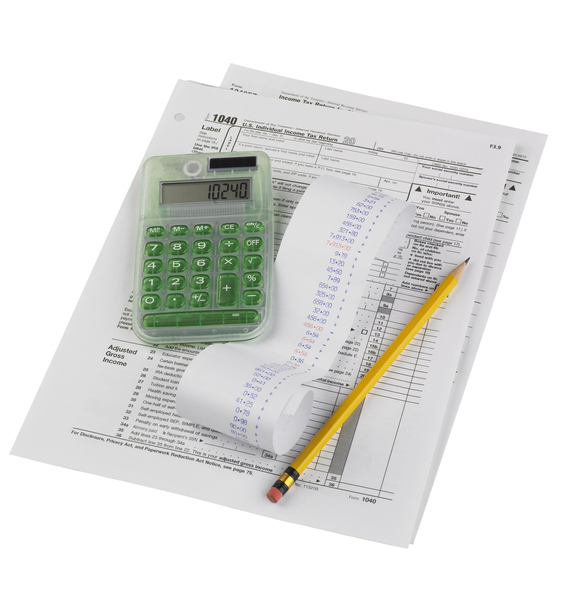Shoeboxes, plastic bags or stuffed filing cabinets—we all have different ways of keeping track of documents required by the IRS. And it seems that just as many of us have different understandings as to how long we need to hang on to these documents, let alone which ones. Thankfully, there’s some straight-up guidance that can help you decide.
“It depends on your tax situation,” says Marie Kelly, a certified public accountant in Dallas, whose CPA firm focuses on tax advisory services for individuals and entrepreneurs. “If it is simple and you just have a W-2, after three years you may be safe to dispose of your tax documents, but if you’re self-employed or own a small business or have itemized deductions, you probably want to keep your documents for seven years.”
But which documents do you really have to keep and which ones can you safely toss? It’s simple. If you deducted it, then you should be ready to prove it.
“Under audit, the IRS can request copies of your documentation for income and deductions,” says Kelly. “Therefore, you should keep anything that’s been reported on your tax return that you would have to substantiate.”
Whether your papers are in a box in the attic or digitally filed in the cloud or on a flash drive, here’s a list of some the key documents to definitely keep.
 1. Old Tax Returns
1. Old Tax Returns
You’ll need something to show that you actually filed your annual return, so keep the certified letter receipt if you snail-mailed; hold onto the document that says “filed and accepted by the IRS” if you sent in your return electronically.
2. Stock Purchases
Keep records of your stock trades, says Kelly. If you’re buying and selling stocks, you may have to pay taxes to the IRS. Sale price is always reported, but your purchase price may not be available to the reporting brokerage, so it behooves you to keep your originals.
3. Annual Bank Interest Statements
By law, the interest income from checking and savings accounts is reported to the IRS. Should the bank-reported amount be in error, it’s up to you to prove otherwise. “If you don’t have the documents, you have to go with what’s reported to the IRS,” says Kelly.
4. Home & Property Documents
There are a number of deductions available to homeowners, and you must have the documentation saved if you claim them. “You can deduct your property taxes paid each year as long as you have the receipt proving payment,” says Kelly. If you buy, sell or refinance your house, keep your closing statements, mortgage documents and receipts for any home improvements.
 5. Charitable Giving
5. Charitable Giving
If you take an itemized deduction for donations of goods (old clothes, furniture, etc.), you have to show what you gave and its worth, and a receipt from the charity. If you make a donation of more than $250 in cash, you need a receipt, and you should keep it.
6. Meals & Entertainment
“If a deduction is taken for business meals and entertainment, keep the receipt and document the business purpose, who was in attendance, and a description of the business discussion,” says Kelly.
Tax season is a good time to reevaluate your finances, including your insurance coverage. Get a free quote for auto, homeowners or renters insurance on geico.com to see how much you could save.
Read More: 5 Simple Steps To Avoid Tax Return Fraud
By Ellise Pierce










Katherine Ekiert says,
Thanks for info. How long to keep BANKRUPTCY papers . Filed and discharged in 2011.
Daphne Cheddesingh says,
Can i deduct the property tax on my residence. I do itemized because I have rental properties
Maria L. Sanchez says,
Great information. Thank you.
Wasif Moolji says,
In case of cash donation you need a receipt for $250.00 and up
For goods donation of household items over the year at several times could it be above $500.00 with several receipts adding to above $500.00 or is there a limit
J I Mitchell says,
Enjoy the above articles especially the ones on bacteria in your home for each room as well as the storage and tax saving devices
Keep printing these helpful articles they’re very encouraging and definitely helpful.
Ken says,
I would add, both “requesting” from the financial institution a “date of death valuation” as well as saving such, if you inherit assests. This will assist when you later sell, inherited stocks, real estate, etc. Keep the latter of 7 years or final sale.